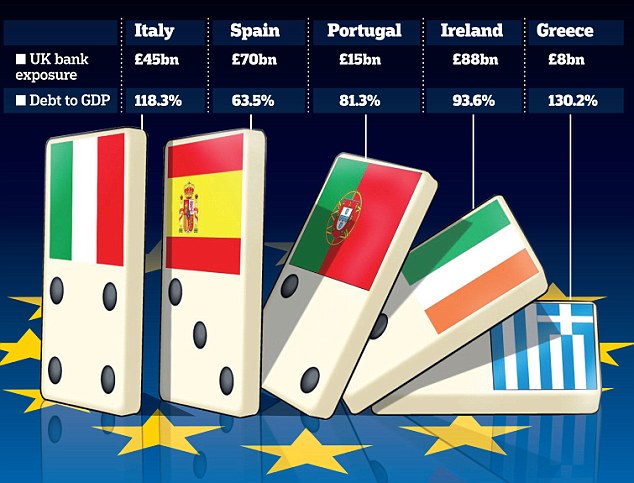Throughout the prolonged showdown between Greece and its creditors, the Obama administration has largely sat on the sidelines, issuing the occasional warning about the potential economic impact of a default.
 But with Greece now on the verge of bankruptcy, the US is also beginning to worry about the political fallout from a deeper crisis and the potential for Russia to gain increased influence over a Nato member.
But with Greece now on the verge of bankruptcy, the US is also beginning to worry about the political fallout from a deeper crisis and the potential for Russia to gain increased influence over a Nato member.
As Washington tries to maintain a united western front in support of sanctions on Russia over Ukraine, a Greek default could provide Moscow an opportunity to sow new divisions among America’s European allies.
“You can easily see how geopolitically this would be a gift to Russia,” says Sebastian Mallaby at the Council on Foreign Relations. “You do not want Europe to have to deal with a Greece that is a member of Nato but which all of a sudden hates the west and is cosying up to Russia.”
Greece was regarded as a frontline state against the advance of Soviet-backed communism during the cold war. Its EU accession in 1981 is one factor that cemented its identity as a western democracy, something that was deepened 20 years later with the adoption of the euro.
For some months, the administration of President Barack Obama has been quietly urging Germany and other EU members to try to find a way to resolve the stand-off with Greece. While economic considerations have been at the forefront, diplomats say the EU’s position on Ukraine has also been part of the conversation.
The visit by Greek prime minister Alexis Tsipras to St Petersburg late last week served as a reminder of the current Greek government’s political ties to President Vladimir Putin’s Russia and showed its willingness to look towards Moscow at moments when the dispute with international creditors is at its most intense.
Via: Financial Times
Continue Reading....
